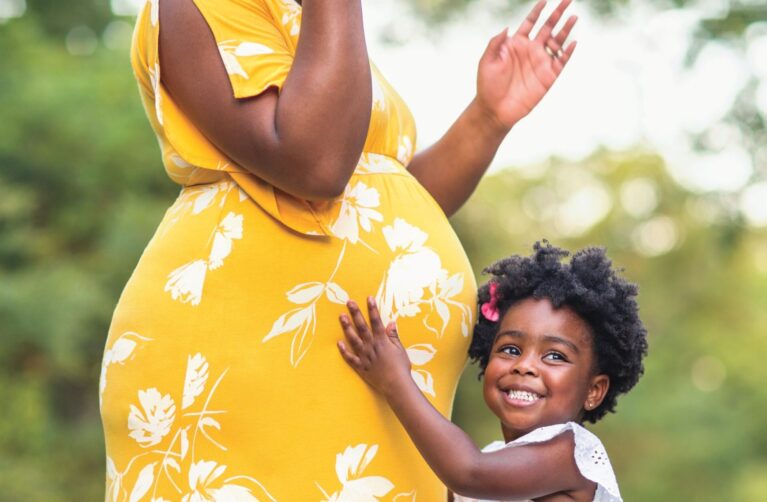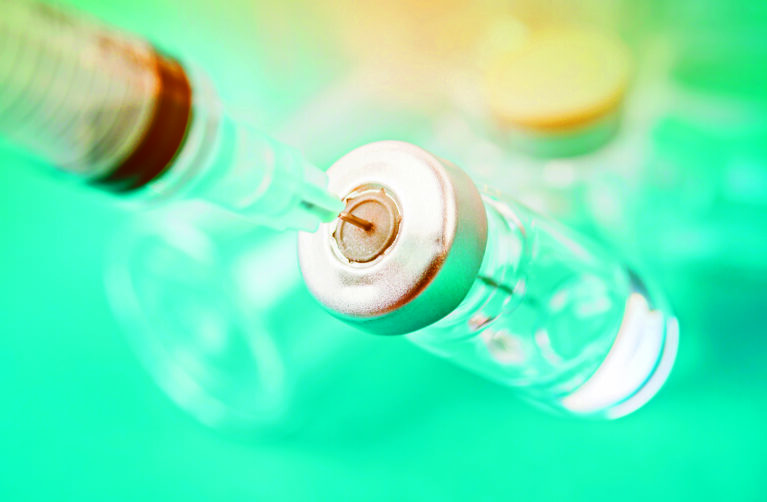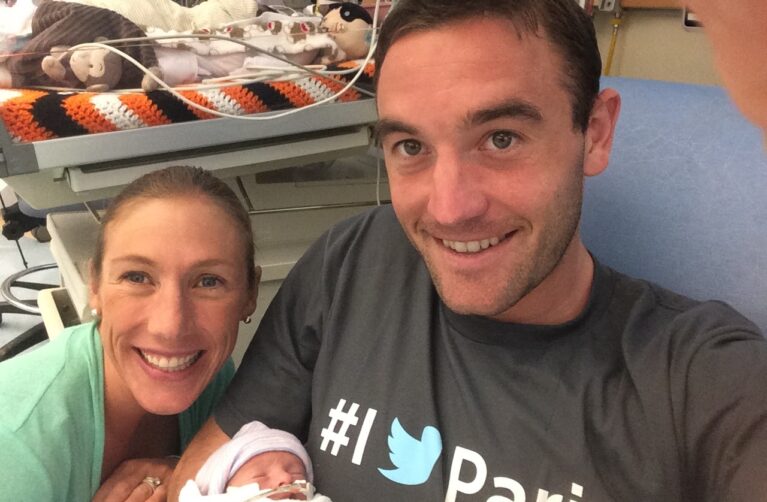It all started on April 5, 2011 when we went to see a pediatric cardiologist in Sacramento to get a second opinion. Twenty-three weeks pregnant with our identical twin daughters, Alexia and Celeste, I had been told by our doctor in Roseville that both of our babies showed signs of congenital heart defects. Our new cardiologist confirmed what we feared.
In the midst of grieving the diagnosis, I also learned there was hope: our cardiologist recommended that we seek the help of the expert care team at Lucile Packard Children’s Hospital Stanford. Without hesitation, we made an appointment.
We met with Dr. Mohan Reddy, a pediatric cardiothoracic surgeon, who once more substantiated the diagnosis. He explained the different types of surgeries required for babies like ours and told us it was in our best interest to deliver at Packard Children’s, as we didn’t know how soon after birth our girls would need to undergo open-heart surgery.
Finding the Missing Piece
Within days I was walking through the doors of the hospital that would change our lives forever. It was the first in a series of appointments. We met with obstetricians, neonatologists, geneticists, and a nephrologist who put me through a series of blood tests and urine samples, ultrasounds measuring fetal growth, and then, finally, the highly anticipated scan to see their heart defects.
I was physically and emotionally exhausted when they finally asked, “Have you ever had the FISH (Fluorescence In Situ Hybridization) test done?”
We were told some of the anomalies seen in the girls’ hearts, kidneys, and umbilical cord were consistent with 22q11.2 Deletion Syndrome, a chromosomal disorder that can affect nearly any part of the body. If the FISH test was positive, one of the pair of chromosome 22s would not light up in a particular area, indicating that part is “deleted.” Both girls tested positive for the genetic condition.
As my pregnancy progressed, we temporarily relocated to the Bay Area. Although I worried before every visit, I always knew I was in the best place possible for our daughters’ care. Through it all, the nurses and others on our care team showed so much dedication to caring for their patients.
Delivery Day
Our babies’ delivery day finally arrived on July 6, 2011. When our tiny princesses made their much-anticipated entrance, a team from the Neonatal Intensive Care Unit (NICU) was ready for whatever they needed.
While the babies were being attended by specialists in the NICU, another team was focused on me.
I was losing blood rapidly and was already on my second blood transfusion.
I later learned I lost over a liter of blood. I did not realize the severity of my situation at the time, and I owe it all to the staff. Their ability to remain professional, calm, and compassionate kept me from worrying.
Before I knew it, I was in the recovery room, relieved to know that my girls were in the best hands.
Geneticists were eager to speak to us. They wanted to ensure we had a full understanding of 22q Deletion Syndrome and what it meant for Alexia and Celeste.
Beating the Odds with Your Support
If it weren't for the team at Packard Children’s, I don't know how we would have dealt with the girls’ health challenges. The amount of knowledge housed within the professionals at Stanford is truly incredible.
To any parent who walks through the doors of Lucile Packard Children's Hospital Stanford: know that you are walking into a world-class hospital and your child will be taken care of. They will help you learn about your child’s condition and ensure you know you are not alone. They will give you all the necessary resources for you to understand the future. They will take care of every member of your family. And they will take care of you!
To donors who support Packard Children’s: your donations allow vital research to continue. Your donations help families like mine receive critical services for their children. You give families hope and many patients a second chance in life!
Packard Children’s changed our lives. Celeste and Alexia are doing amazingly well and will turn 5 this summer. They both had open-heart surgery by incredible Packard Children’s surgeons and are now beating the odds for children with 22q Deletion Syndrome!








